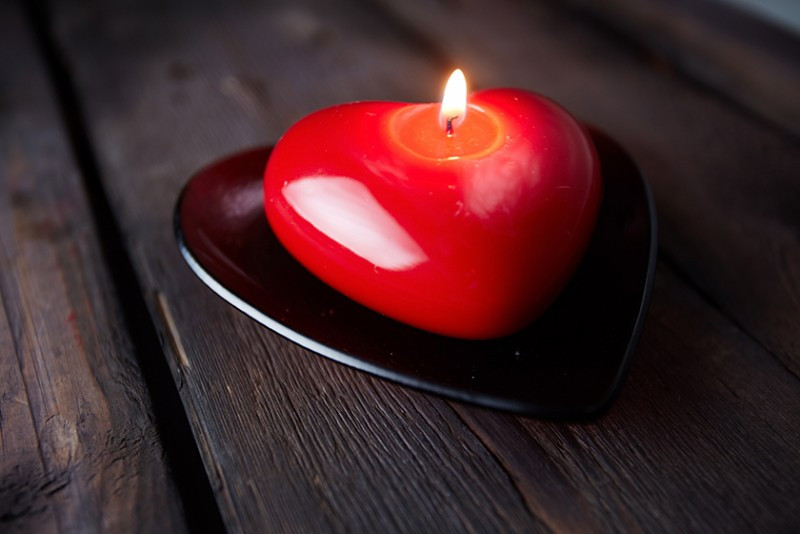We keep our cars, trucks and SUVs running smoothly and efficiently with proper use of motor oil, presumably to include getting the oil changed at prescribed mileage intervals (or else!). Smart use of oils is a human thing to do as well. Americans increasingly are turning to oils – frequently referred to as 'essential oils' – to protect and improve our health in numerous ways; all to keep our bodies and minds running smoothly and efficiently. Medical science is increasingly embracing essential oils as alternative remedies, to include using them in some hospitals and doctors' offices, even as substitutes for antibiotics in fighting superbugs. Although treatment using essential oils dates back thousands of years in other cultures, it is only since the 1980s that their use as a credible alternative to prescription medicine has picked up the pace in America.
Alternative Medicine Moving Toward Mainstream
Peek inside the medicine cabinets in many of today's homes and in place of a half-dozen or so bottled prescriptions you might notice essential oils with names such as lavender, oregano, coconut, frankincense, peppermint, eucalyptus and tea tree. That shouldn't be surprising considering the many ways that oils can influence our health for the better. For instance, per draxe.com, such oils are being used for:- Improving our digestion
- Balancing hormones
- Alleviating pain
- Reducing cellulite and wrinkles
- Soothing sore muscles
- Relaxing the body
- Warding off cold and flu symptoms.
- Per draxe.com, a 2009 study found that lavandin oil used in aromatherapy treatments for pre-operative patients rendered them less anxious about impending surgeries. Sandalwood, neroli oil and lavender oil have been used in traditional medicine to reduce anxiety in patients, with the first of those three also having a reputation as a libido-stimulating aphrodisiac.
- According to a 2007 study, pregnant women using oil aromatherapy while in labor reported less pain overall and could get by without some of the typical pain medications.
- Some essential oils have antibacterial or anti-fungal properties that have proven effective in helping to treat – even heal – burns, cuts and scrapes on the surface of the skin.
The Source of Essential Oils
We already know that petroleum oil comes out of the ground, but did you know that essential oils also come out of the ground – sort of. They are organic compounds – each with their own unique scent – that are extracted from plants via steam or pressure, per ncbi.nlm.nih.gov. These oils contain natural chemicals the provide plants with their essence, referring to their odor and flavor, which are specific to each plant. Here are five of the more popular essential oils and how they can benefit human health:- Lavender. Not only can it reduce anxiety in patients, as mentioned earlier, it also has been shown to calm symptoms during allergy season by controlling allergic inflammation, per healthline.com.
- Frankincense. Bolsters immunity, cuts down inflammation, heals age spots and supports brain health, per draxe.com.
- Peppermint. Reduces inflammation, improves focus and energy, also helps provide allergy relief in combination with lavender and lemon oils.
- Tea tree oil (melaleuca). Can help enhance immunity; also acts as anti-bacterial and anti-fungal, and it can even help negate bad odors.
- Lemon. Has been shown to enhance lymph drainage and it cleanses the body as a detoxification agent. Also makes a great main ingredient for homemade cleaning products.

